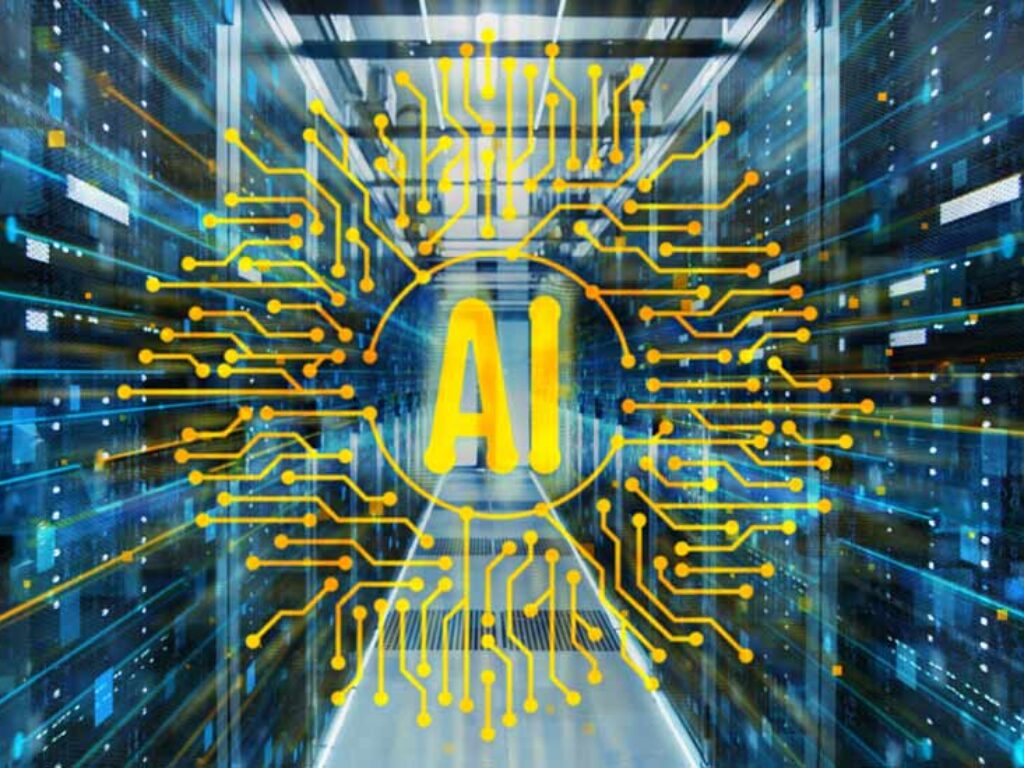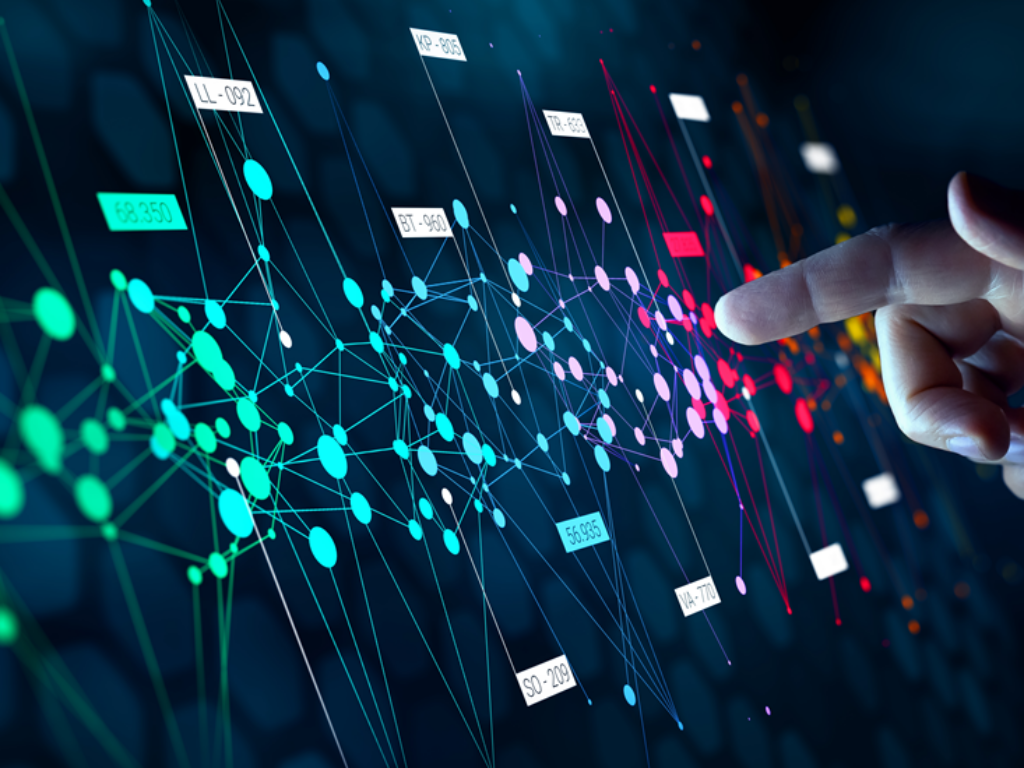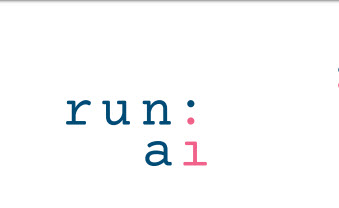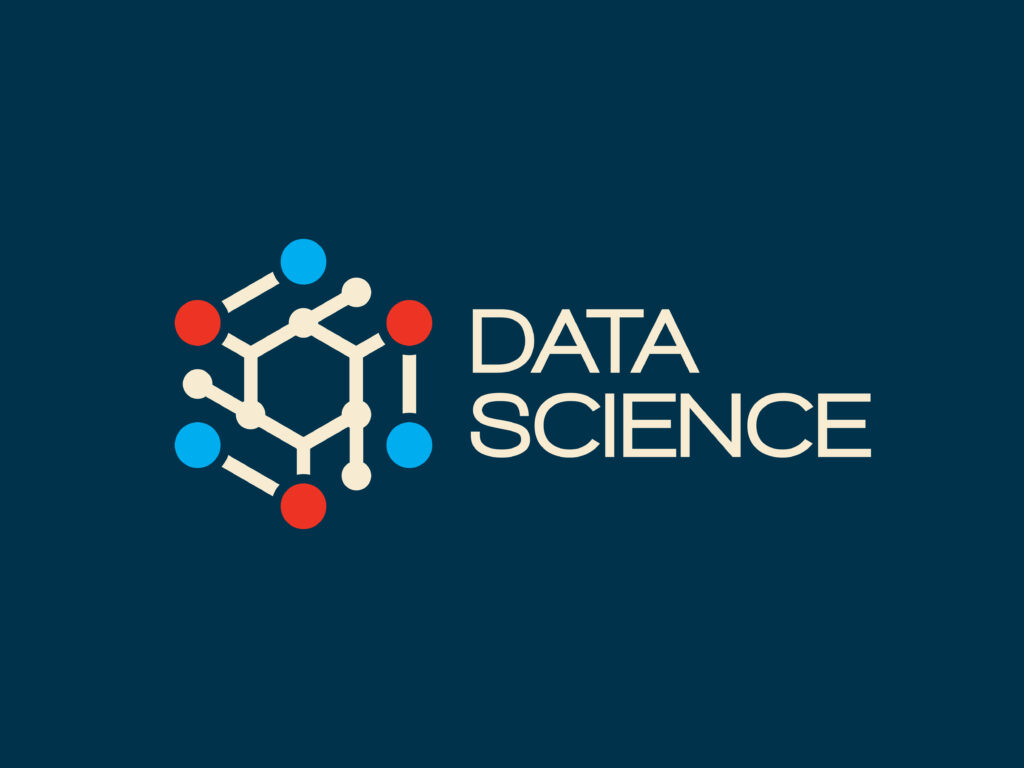Enterprises are increasingly in need of AI infrastructure that is both cost-effective and available for rapid development and deployment. To meet this demand head-on, Intel today launched Xeon 6 processors with Performance-cores (P-cores) and Gaudi 3 AI accelerators, bolstering the company’s commitment to deliver powerful AI systems with optimal performance per watt and lower total cost of ownership.
Podcast: Intel Unveils Next-gen Solutions with Xeon 6 processors and Gaudi 3 to Tackle Enterprise Needs
Kinetica Delivers Real-Time Vector Similarity Search
Kinetica, the real-time GPU-accelerated database for analytics and generative AI, unveiled at NVIDIA GTC its real-time vector similarity search engine that can ingest vector embeddings 5X faster than the previous market leader, based on the popular VectorDBBench benchmark.
NeuroBlade Delivers Technology to Eliminate the Current Data Analytics Gap
NeuroBlade is on a mission to empower the next wave of digital transformation by developing the new standard for analytics acceleration for large data. It’s increasingly complex, expensive, and time-consuming for organizations to analyze large data volumes. As a result, business and technology leaders cannot rely on price performance when querying and analyzing hundreds of terabytes of data. This creates an analysis gap where less than two-thirds of the data is analyzed.
Run:ai Releases Advanced Model Serving Functionality to Help Organizations Simplify AI Deployment
Run:ai, a leader in compute orchestration for AI workloads, announced new features of its Atlas Platform, including two-step model deployment — which makes it easier and faster to get machine learning models into production. The company also announced a new integration with NVIDIA Triton Inference Server. These capabilities are particularly focused on supporting organizations in […]
How Accelerated Computing Is Transforming Data Science
In this contributed article, Scott McClellan, head of Data Science at NVIDIA, discusses how big companies, and startups increasingly use software to speed decision-making in creating new products and services. Businesses can use AI to learn from massive amounts of data captured from a broad range of sensors and sources, but none of this knowledge can be gained without processing these volumes of data.








